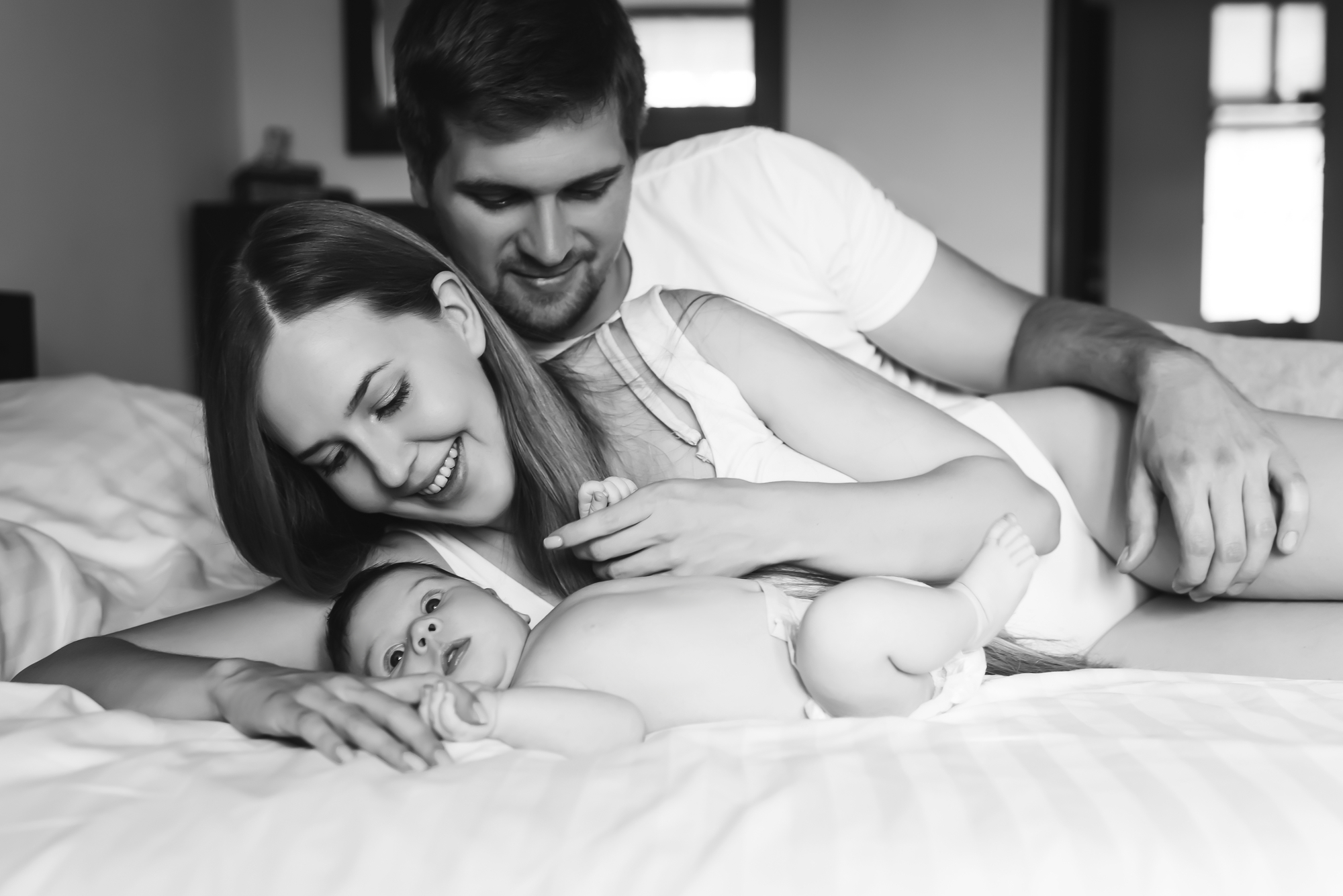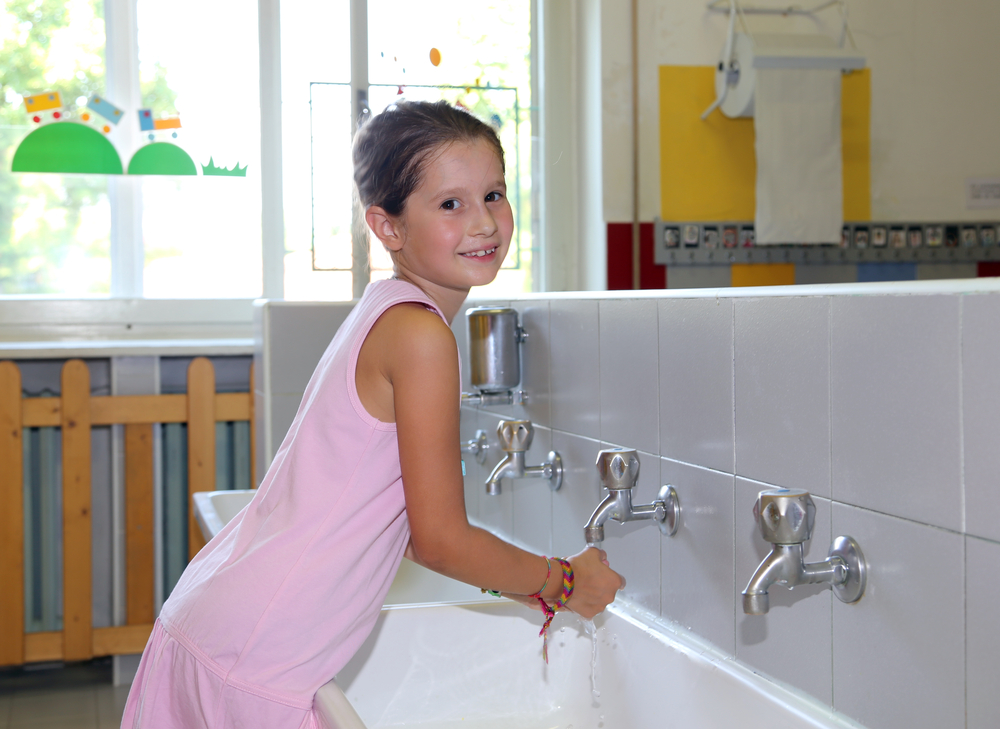The transition to parenthood is a significant period in any person’s life. People often feel optimistic and excited as the birth of a baby approaches, and this time is often associated with joy and celebration. Sometimes family and friends express more excitement than an expectant parent may be feeling. It often takes time for expectant parents to get their head around the new experience of becoming a parent.
People may have specific expectations of themselves as parents without realising it. These expectations may include:
- I am used to a lot of responsibility, so this will be easy.
- The baby’s routine will fit around mine.
- I am used to not getting much sleep so I will be fine.
- While the baby sleeps, I’ll be able to get other tasks done.
- I will automatically fall in love with my baby.
- Parenting is natural so I will know what to do.
- I’ve wanted to become a parent so much; I know it will make me happy.
People who set high and often unrealistic standards for themselves may already be familiar with the term “perfectionism”. Having high standards can be useful in some settings and can help you excel at what you do. However, parenting can be unpredictable, making it difficult to meet high these expectations. This can lead to feelings of failure, frustration, and low self-esteem. Research shows that in some cases this can also contribute to higher levels of stress, anxiety, and depression after birth.
We all hold expectations about ourselves and about parenthood – it is normal. However, reflecting upon how realistic your expectations are in advance and seeing if you can adjust any and add more flexibility into your style or ways of thinking, can make the transition to parenthood smoother.
Flexibility in planning and preparation for parenthood
Pregnancy and early parenthood are an exciting yet unpredictable time. To help parents manage unpredictability, it is important to include flexibility in planning and decision-making. Parents may need to change their plans around many things due to circumstances that are out of their control. It is normal to feel disappointed and worried if this happens. However, recognising that this is part of the parenting experience can help new parents adapt to changes without feeling a sense of failure. It may even be good practice for parenthood as things can change daily!
Flexible thinking and planning are often useful during pregnancy when considering topics such as birth plans, parental leave, feeding and settling, routine and domestic tasks.
Examples of flexible thinking can include:
- I have ideas about the type of birth I would like, but I am open to changing that plan if needed.
- I know I cannot control how the baby will feed/eat/sleep, so I will adjust my routine as needed.
- My baby doesn’t seem to want to sleep, so I will put them in a baby carrier and head out with them. At least I will get some fresh air and maybe they will fall asleep.
If the thought of having to change plans brings up feelings of distress, this might be a topic to discuss with a trusted friend, family member or a health professional.
The journey to parenthood is a time of great change for everyone. Most parents need some time to adjust to their new role. Amidst the joys and celebration, new parenthood can sometimes feel hard. Life will look and feel significantly different while the settling in occurs. For many parents, this adjustment gradually happens over the first year and beyond.









